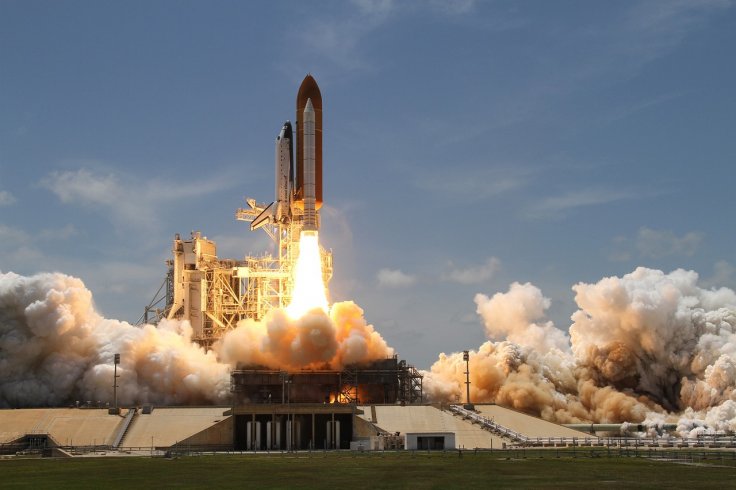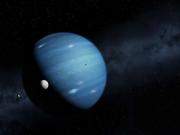A rocket manufactured by a Japanese company, which was intended to deploy a satellite into orbit met a tragic fate mere seconds after its launch. Tokyo's Space One initiated the liftoff of its 18-meter Kairos rocket from its launch pad in western Japan's Wakayama region on Wednesday. However, the rocket, fueled by solid propellants, burst into flames shortly after takeoff, as seen in live broadcasts. Space One issued a statement acknowledging the launch's execution but confirmed a flight termination measure was enacted, with further investigations underway.
Debris from the malfunctioning rocket rained down on the surrounding terrain, triggering sprinklers to douse the area. Hundreds of onlookers, including an elderly man expressing his disappointment to NHK, witnessed the failed attempt from nearby vantage points. Launch failures are not uncommon in early phases of rocket development, as evidenced by SpaceX's history. Nonetheless, Space One's setback deals a blow to Japan's aspirations in the lucrative commercial satellite launch sector.

The goal of Tokyo-based business Space One was to be the first private Japanese company to successfully launch a satellite into space. The Kairos mission aimed to orbit a small government test satellite approximately 51 minutes post-launch. Challenges such as parts shortages compelled Space One to postpone Kairos' launch five times, most recently postponing it on Saturday.
Katsumasa Tashima, the mayor of Kushimoto where the launch occurred, voiced surprise and disappointment at the outcome. Despite this setback, he affirmed the town's support for Space One's endeavors, pledging continued assistance for future successful launches.
Established in 2018 by prominent Japanese technology entities like Canon Electronics
and IHI Aerospace, Space One encountered a setback similar to last July's explosion of the solid-fuel Epsilon S during testing, a mere 50 seconds after ignition.
Nevertheless, Japan's space agency recently celebrated the triumphant launch of its flagship rocket, the H3, following years of delays and previous failures. This achievement followed Japan's successful, albeit tilted, landing of an unmanned probe on the moon, solidifying its status as the fifth country to accomplish a "soft landing" on the lunar surface.









